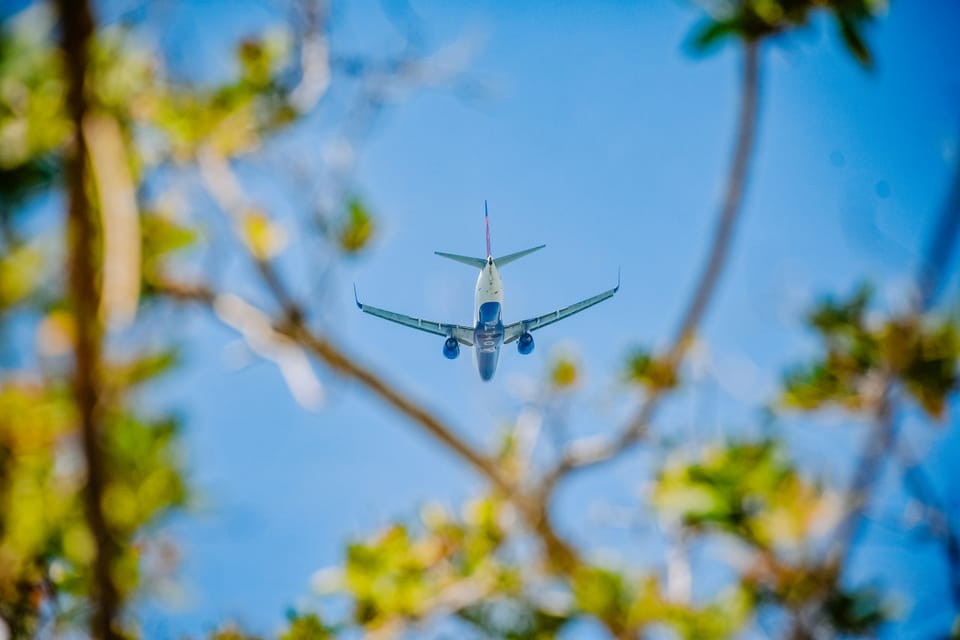Airlines 'unprepared' for transition to sustainable aviation fuel

Global airlines are not purchasing enough sustainable aviation fuel to support the climate transition, as well as betting on “the wrong kind” of SAF, new analysis has found.
A report by think tank Transport and Environment (T&E) has found that the SAF purchases made by 77 airlines would only lead to a 0.15% to 1.3% increase in SAF consumption by 2030 – reducing the sector’s greenhouse gas emissions by less than 1% or “not even enough to offset growth in air traffic”.
The problem is compounded by the fact that airlines are focusing primarily on biofuel-based SAF, which uses food crop and oil waste to make lower-impact jet fuel, instead of e-kerosene, a synthetic fuel made from renewable hydrogen and carbon dioxide.
“Emissions reductions could be enhanced if airlines prioritised the purchase of e-fuels over unsustainable biofuels, as e-kerosene currently accounts for less than 10% of SAF purchases, while crop-based biofuels comprise around 30%,” T&E explains, noting that many airlines operate in regions without supportive regulatory frameworks.
Top 10 airlines for SAF ambition
The report analysed SAF purchases and targets by 77 global airlines to rank their ambition and performance. No airline purchased enough SAF to receive an ‘A’ grade – though Air France-KLM is closest, with the only ‘B’ grade.
The company receives the highest grade due to large purchases of waste-oil biofuels, which should enable nearly 4% emissions reduction by 2030.
The rest of the top 10 is made up entirely of ‘C’ grades, and includes United Airlines, Norwegian, IAG, Wizz Air, Air Transat, DHL Group, Southwest Airlines, JetBlue and Delta Air Lines.
“No airline ranks in category A, as, for now, no airline comes close to T&E’s ‘gold standard’, based on its climate neutral aviation roadmap by 2050: an average of 5.2% emissions reduction from 2020 to 2035, at least 4.8% and 8.5% of advanced and waste biofuels in 2030 and 2035 respectively, and at least 2% and 10.4% of e-kerosene in 2030 and 2035 respectively,” the think tank explains.
More than half of airlines are making no SAF investment
Beyond this top 10, the majority of airlines (67 out of 77, or 87%) fall into category D, having made very few or no investments or commitment in sustainable aviation fuel. In fact, almost half of the airlines scored zero, meaning they do not have any SAF targets or plans.
“Not only are airlines doing too little when it comes to SAF, but many of them are not doing anything,” says T&E.
Regulatory differences may be driving some of the gaps in ambition between airlines, though this is not always the case. For instance, EU regulations are mandating a minimum SAF content of 2% from 2025, yet based on current agreements, European airlines are projected to have an SAF share of just 1.3% by 2030.
Meanwhile, North American airlines have procured more SAF than European airlines with a 2030 projection of 2.7%, but the majority of it is made of crop-based biofuels, which T&E calls “unsustainable”.
Read also: California and US airlines aim to grow SAF supply tenfold by 2035
Asian airlines have only just started to purchase SAF, while African and Southern American airlines are yet to start procuring it.







Member discussion